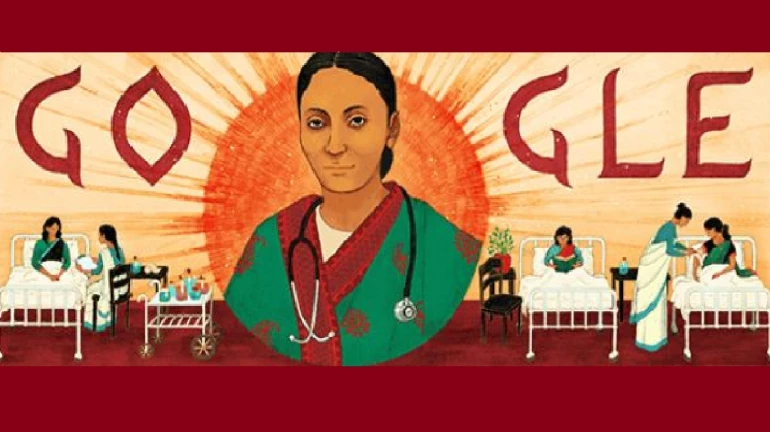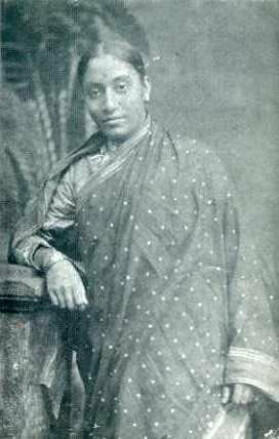
India has seen many women, who over many decades have fought for their rights, women issues and made a mark in the society. Google Doodle, today remembers Rukhmabai Raut - a strong, passionate lady who inspires all of us to live our dreams and always fight the battle for good and the truth. She was colonial India’s one of the first practising women doctors, who is also known for fighting a legal battle regarding the enactment of the Age of Consent Act, 1891.

Born in 1864, in Mumbai, to Janardhan Pandurang and Jayantibaim, Rukhmabai was married to Dadaji Bhikaji when she was just 11. Her mother re-married a doctor and a professor Dr Sakharam Arjun after her father passed away at an early age. Although she was married to a 19-year-old boy, Rukhmabai pursued her education and did not live with her husband.
Dadaji was only interested in the money Rukmabai received after her mother passed away. On the other hand, Rukhmabai did not show interest in her husband and continued to study, living with her stepfather, who after receiving many notices from lawyers, obtained legal aid to protect Rukhmabai.
Almost 12 years of marriage, in 1885, Bhikaji wanted and demanded restitution of conjugal rights. Rukhmabai, the strong-headed lady then, refused to live with Dadaji, by stating that she was married as a child and had no say in the marriage. The case continued, and in 1886, many Hindu groups protested against the same, by saying that this was an insult to the rituals and traditions.
A year later again, in March 1887, she was ordered to either spend six months in prison to choose to live with her husband. Rukhmabai decided not to return and with a stubborn thought, decided to continue her education, thereby accepting the penalty. But after facing issues with continuous legal cases, she wrote to Queen Victoria seeking help, who then overruled the court’s verdict.
The marriage between Dadaji and Rukhmabai was dissolved after he accepted an INR 2000 compensation. This case later became a significant part of Age of Consent Act, 1891, which brought an end to child marriage, in the then British Empire.
In 1889, Rukhmabai decided to join the London School of Medicine For Women to study medicine and was supported by Dr Edith Pechey who recognized her passion and assisted her in sourcing funds for her studies. Later, she also got assistance from the Countess of Dufferin’s fund in order to assist Indian women with medical aid.
After rejecting an offer from Women’s Medical Service, Rukhmabai came back to Surat in 1894 and decided to contribute her part in a state hospital in Rajkot run for women, where she served as a chief medical officer till 1929-1930, for around 35 years.
The inspiring lady passed away at the age of 91, in the year 1955. Through her dedication and grit, she not only completed her studies but also fought for her freedom, choice and for young girls who were forced into marriage at an early age. Despite society’s constraints, she fought the legal case, achieved her dreams and served the ones in need by becoming India’s first female doctor.
Rukmabai's life has inspired many writers and filmmakers, thereby being adapted to a book and a film. Actress Tannishtha Chatterjee played the role of Rukhmabai in her biopic made by popular director Anant Mahadevan, in Marathi. Here's the teaser.





